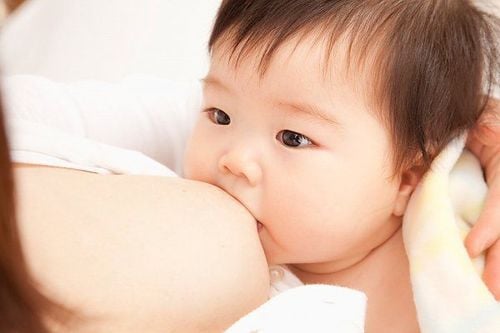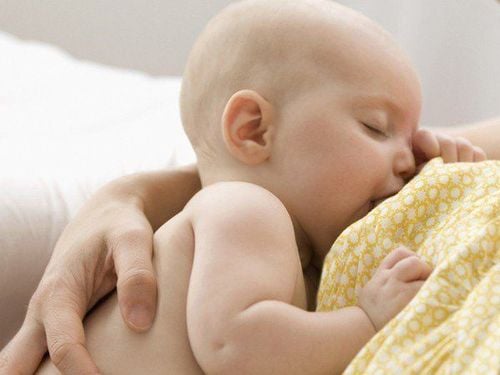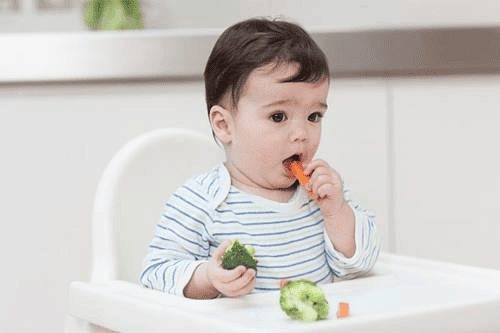This is an automatically translated article.
Milk whey is a very good nutritional supplement for children and adults, so whey is trusted by many parents. However, not all parents know when to give their babies whey when it is best for them.
1. What is whey?
According to the old method, whey is mainly made by removing the top layer of milk and then cooling it. Today, with modern machines, people produce whey by using centrifuges to separate the top layer of milk. Depending on the processing method, we will have many different types of whey.
Besides, now there is an artificial whey, which is made from the main ingredients of vegetable oil (coconut oil, palm oil...) with added casein (a protein found in cow's milk) ) and lactose (a sugar found in cow's milk).
If the user pays close attention to the label of the whey carton, it will be easy to see that the main component of whey is fat. The amount of fat in a normal jar of whey will be 2 times higher than the amount of fat in a glass of milk. Therefore, feeding babies whey is a very rich source of energy.
However, the actual amount of protein and other vitamins and minerals in whey is not much, not enough for the body's daily needs. Therefore, parents should not give their children whey to completely replace the daily amount of milk.
2. How to feed whey to children?
Ingredients in whey are mainly fats with very high content, adding a lot of energy. Therefore, parents should give whey to their children in cases where the child needs to be provided with extra energy such as: children over 1 year old are underweight, malnourished or children need to regain their health after a period of illness. In these cases, parents can give their children whey as a snack during the day.
The amount of whey to feed your baby each day depends on many different factors such as age, weight and the type of whey used. The amount of whey should be added as follows:
From 6 to 12 months old, babies can eat whey with the amount of 1 box per day; Over 1 year old can give children whey from 1 to 2 boxes per day, depending on the tolerance of each child; One issue to be particularly aware of is that whey has a high fat content, so it's important to limit feeding your baby too much whey because it can cause bloating, indigestion, and even loose stools.
The groups of children that parents should not give whey are:
Children under 6 months of age; Children who are overweight or obese; Children are suffering from diarrhea; Children with a history of cow's milk protein allergy. According to the guidelines of the World Health Organization (WHO), children under 6 months of age need to be exclusively breastfed. Therefore, in this age group, supplementing with whey is not recommended. Parents should only give their children whey after 6 months of age for the purpose of supplementing energy and supporting better weight gain. However, it should be noted that whey is not a complete substitute for breast milk. If children eat whey completely, it will lead to a lack of protein, a high risk of malnutrition or other diseases such as anemia, lack of micronutrients.

Giải đáp cho trẻ ăn váng sữa khi nào?
3. When in the day do you feed your baby whey?
When children eat whey plays a very important role. The right time to use whey will help children absorb the best nutrients, and at the same time limit unwanted effects. Therefore, parents need to pay attention to the following issues about when to give whey to children:
Do not give whey before main meals. This can fill your baby up and give up main meals; The best times for babies to eat whey are morning and afternoon snacks (around 9am and 3pm). In some cases, the baby is prone to vomiting due to being too full, parents can give the child whey after the main meal from 1 to 2 hours; You should not give your baby whey at night or before bedtime because this can cause bloating, which in turn leads to difficulty sleeping.
4. Things to keep in mind when giving whey to babies
Although, whey is very good, but when used for children, parents should also note:
whey belongs to the group of perishable foods, so parents need to pay attention to storing it in the refrigerator, where the temperature is relatively stable. Note that whey should not be left in the refrigerator door because the coldness is difficult to maintain stable due to frequent opening and closing of the refrigerator; After buying whey, parents should let their children use it as soon as possible; Should buy whey in reputable stores, with good storage conditions; When buying and feeding children, parents need to pay attention to the expiration date and the ingredients in the box.

Thời điểm trẻ ăn váng sữa tốt nhất là các bữa ăn phụ buổi sáng và buổi chiều
5. How to properly store whey?
Whether it is beneficial to give whey to babies depends a lot on the preservation of whey. Therefore, parents should note the following issues to properly store whey:
To limit spoilage of whey, parents need to store them in the refrigerator. In the absence of a refrigerator, the whey can be kept in a cool room, the temperature is below 25 degrees Celsius; Give your baby whey as soon as possible after buying it, and avoid storing it for too long. Once the box has been opened, it is necessary to feed the baby whey immediately, this limits the penetration of bacteria; Absolutely do not let children eat expired whey or milk cartons showing signs of damage such as swelling, tearing, deformation...; Yogurt is a food that can add essential nutrients for children, especially providing the necessary energy needs during the period of strong growth. However, when and when parents give their children whey, will affect the ability to absorb nutrients from whey.
Another extremely important issue is that parents should not use whey as a complete substitute for other foods (especially breast milk). It is best for parents to combine whey with breast milk, other weaning foods such as flour, porridge, meat, fish, green vegetables and fruits... thereby creating a balanced, scientific diet. , reasonable and help children develop to the maximum in the first years of life.
For more nutritional knowledge and child care for each age, parents should regularly visit the website vimec.com and make an appointment with the leading doctors, pediatric and nutrition experts of the National General Hospital. Vinmec when needing advice on children's health.
Please dial HOTLINE for more information or register for an appointment HERE. Download MyVinmec app to make appointments faster and to manage your bookings easily.













